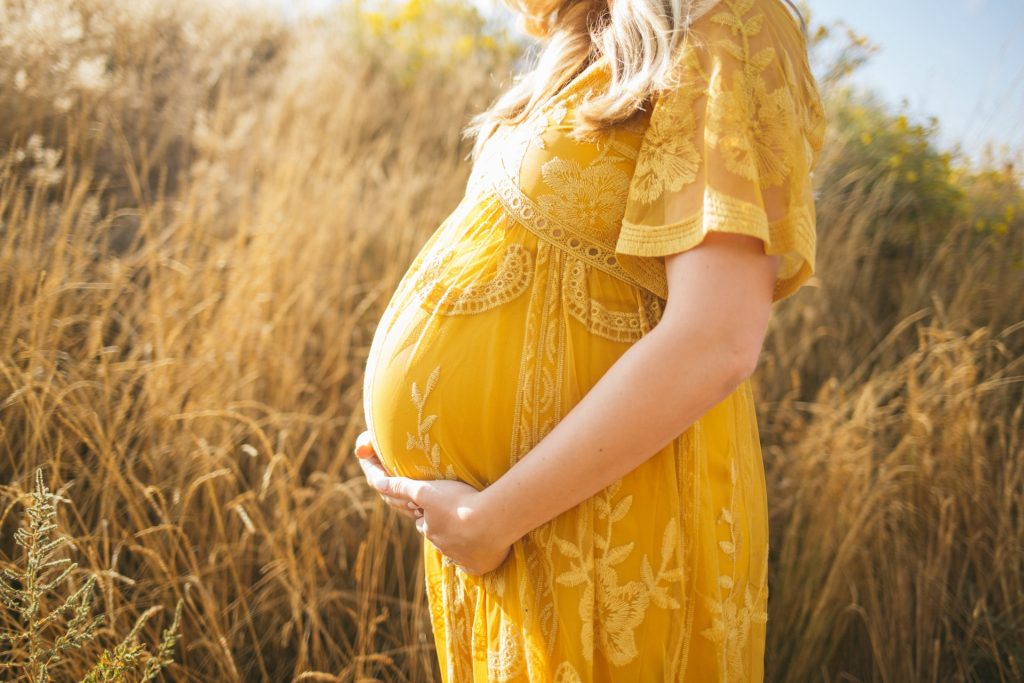
After a pregnancy, breast cells call in Natural Killer T (NKT) cells as reinforcements to prevent tumours from arising, according to a study published in Cell Reports. This finding from the lab of Associate Professor Camila dos Santos at Cold Spring Harbor Laboratory (CSHL) illuminates a new way in which pregnancy reduces the risk of breast cancer.
Two lines of defence exist in the immune system: the innate response, which involves immune cells that attack any foreign molecule they encounter, and the adaptive response, which consists of immune cells that respond specifically to calls for help. NKT cells are a unique subset of cells that are present throughout the body which can participate in both responses.
CSHL graduate student Amritha Varshini Hanasoge Somasundara said that after a pregnancy: “There is an increase in this specific [NKT] cell type, and only in the mammary gland. We don’t see the expansion everywhere else in the body, even though NKT cells are present everywhere else in the body.”
The team sought to uncover the reason behind the larger number of NKT cells were doing in the breast tissue. Hanasoge discovered that in mice, breast epithelial cells, which line lactation ducts, produce a specific protein called CD1d after pregnancy. If the cells did not present CD1d, no increase in NKT cells was seen in the tissue; the epithelial cells became cancerous and grew into tumours. Hanasoge and dos Santos think that CD1d molecules are calling in NKT cells to monitor the epithelial cells in the breast tissue after pregnancy. If they become cancerous, the NKT cells can quickly kill them to prevent tumour growth.
The team’s findings establish a novel link between pregnancy and the immune system in preventing breast cancer. They want to know how these findings can be translated into humans and what other factors may influence an abundance of NKT cells in breast tissue, such as aging and menopause, which are both associated with increased breast cancer risk.
Discussing the results, Associate Professor dos Santos said: “One of the hypotheses that we are working on now is: do pregnancies later on in life bring in the same expansion of the same subtypes of immune cells as pregnancies that took place early in life?”
Source: Cold Spring Harbor Laboratory

